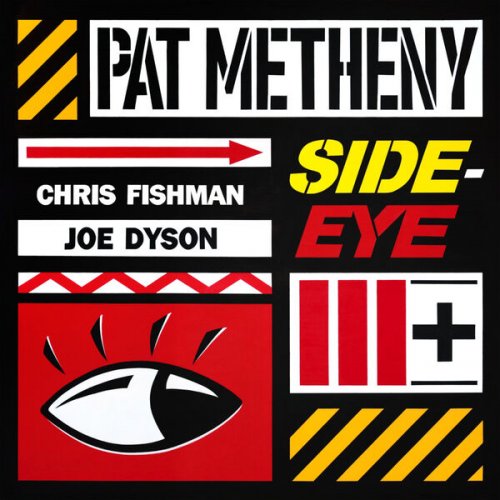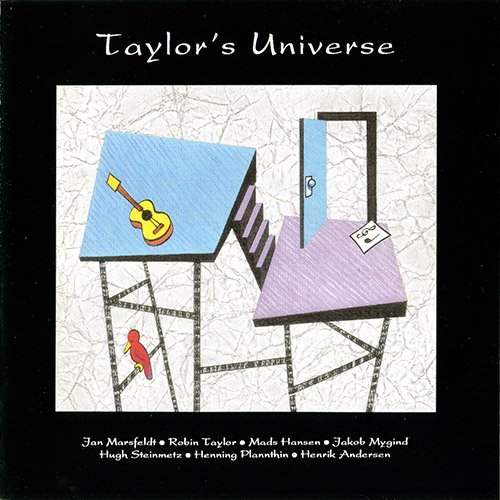Zemlinsky Quartet - Dvořák: String Quartets 12 & 14 (2013) [SACD]
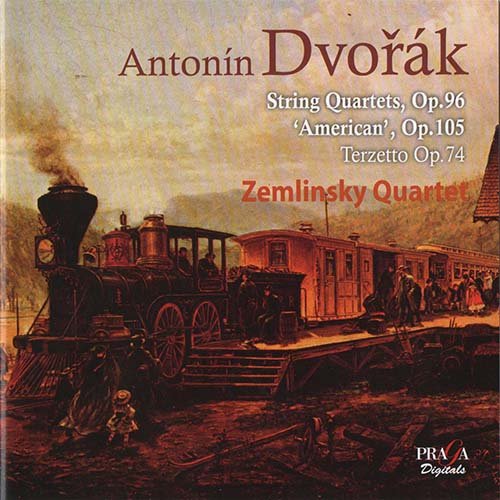
Artist: Zemlinsky Quartet
Title: Dvořák: String Quartets 12 & 14
Year Of Release: 2013
Label: PRAGA Digitals
Genre: Classical
Quality: DSD64 image (*.iso) / 2.0, 5.0 (2,8 MHz/1 Bit)
Total Time: 01:15:41
Total Size: 4.15 GB
WebSite: Album Preview
Tracklist:Title: Dvořák: String Quartets 12 & 14
Year Of Release: 2013
Label: PRAGA Digitals
Genre: Classical
Quality: DSD64 image (*.iso) / 2.0, 5.0 (2,8 MHz/1 Bit)
Total Time: 01:15:41
Total Size: 4.15 GB
WebSite: Album Preview
Antonin Dvorak: String Quartet No. 12 in F major Op.96 B 179, "The American":
01. First movement - Allegro ma non troppo (9:14)
02. Second movement - Lento (7:03)
03. Third movement - Molto vivace (3:49)
04. Fourth movement - Finale. Vivace ma non troppo (5:14)
Antonin Dvorak: String Quartet No. 14 in A flat major Op.105:
05. First movement - Adagio ma non troppo - Allegro appassionato - Poco animato (8:00)
06. Second movement - Molto vivace (6:05)
07. Third movement - Lento e molto cantabile (7:35)
08. Fourth movement - Finale. Allegro non tanto (9:47)
Antonin Dvorak: Terzetto in C major Op.74 B 148:
09. First movement - Introduzione - Allegro ma non troppo (3:59)
10. Second movement - Larghetto (4:59)
11. Third movement - Scherzo - Vivace (3:57)
12. Fourth movement - Tema con variazioni (5:28)
If one were to be pushed, this would probably be the answer to "if you could only have one disc on SACD of Dvorak's chamber music, which would it be?" at the time of writing.
Happily, this features Dvorak's most famous quartet (the 'American') and also arguably his greatest quartet (Op. 105) together with the wonderful Terzetto. The disc opens with the 'American' and immediately, one is gripped by how very different an approach the Zemlinsky Quartet adopts compared to Dvořák/Smetana - Tokyo String Quartet in their last issued recording before retiring. The Tokyo quartet take the tempo suggestions more literally in the outer movements; their account is certainly more "ma non troppo" than the Zemlinsky's but one never feels rushed by these players. In general, the Zemlinsky's are marginally more urgent in every movement (they take nearly 1'30 less than the Tokyo Quartet) and in the finale, this leads to some daring rubato that a few might find a little exaggerated - most though will be caught up in the sheer joie de vivre of this account (they manage to find an almost Haydn-esque sense of comedy here). One aspect that is markedly different between the accounts is the sound of the quartets; to borrow vocabulary from wine, the Zemlinsky's are a slender, soft white wine whereas the Tokyo bring a red wine that is rich, velvety to the table. Both are appealing in their unique ways; the ending to the slow movement here is more barren, the Tokyo's more comforting. The other difference is that the Tokyo Quartet are playing "for themselves" whereas this account is more daring, probing the extremes of expression and is as though the Zemlinsky's had dashed from the concert platform to set down this performance.
In the A-flat major quartet, an absolute masterpiece of quartet writing by Dvorak, there is more competition from Haydn, Bacewicz, Dvořák: String Quartets - Szymanowski Quartet and Dvořák: String Quartets 13 & 14 - Martinů Quartet. The Martinu Quartet, sadly, lose the shape of longer line & formal structure and as a result, one of Dvorak's most thematically integrated scores sounds fragmented. The Szymanowski Quartet offer a much finer account than the Martinu's, the experience is similarly enjoyable, although perhaps a bit more straight-laced. Here, perhaps more than in the American, the decision of the Zemlinsky Quartet to have the violinists opposite one another is a huge bonus for the listener - the passing of the thematic material is both clearer and more unified at once. As in the 'American', there is a daring sense of rubato at play in the outer movements, yet the structure of the music is kept a coherent whole. The Molto vivace (a sort of furiant) second movement is a delight in these hands with all the rhythms caressed into a tumult of dancing; the trio section is very tenderly and passionately played. In contrast to the faster movements, the Zemlinsky Quartet wisely decide to adopt a simpler, more lyrical approach (not that they become inexpressive) and the rubato is applied over longer timescales to great effect.
To round off the disc off, the Zemlinsky Quartet offer up a passionate account of the Terzetto; certainly more heightened contrasts on display here compared to Dvořák: String Sextet, Terzettos - Auryn Quartett, Altenburger, Demenga although the sonic presentation is, as a concert hall seating, far less avant garde than the Tacet offering. There is a keener sense of electricity in the Zemlinsky account, not just in the faster movements but in the slower ones as well where the sense of ebb and flow combine to create a more varied level of tension (and one that is greater overall because of this).
The sound is a lovely concert hall presentation and is both clear and rounded albeit not as transparent as one might ideally experience - please don't let that put you off from obtaining a wonderful disc of music making though!
Happily, this features Dvorak's most famous quartet (the 'American') and also arguably his greatest quartet (Op. 105) together with the wonderful Terzetto. The disc opens with the 'American' and immediately, one is gripped by how very different an approach the Zemlinsky Quartet adopts compared to Dvořák/Smetana - Tokyo String Quartet in their last issued recording before retiring. The Tokyo quartet take the tempo suggestions more literally in the outer movements; their account is certainly more "ma non troppo" than the Zemlinsky's but one never feels rushed by these players. In general, the Zemlinsky's are marginally more urgent in every movement (they take nearly 1'30 less than the Tokyo Quartet) and in the finale, this leads to some daring rubato that a few might find a little exaggerated - most though will be caught up in the sheer joie de vivre of this account (they manage to find an almost Haydn-esque sense of comedy here). One aspect that is markedly different between the accounts is the sound of the quartets; to borrow vocabulary from wine, the Zemlinsky's are a slender, soft white wine whereas the Tokyo bring a red wine that is rich, velvety to the table. Both are appealing in their unique ways; the ending to the slow movement here is more barren, the Tokyo's more comforting. The other difference is that the Tokyo Quartet are playing "for themselves" whereas this account is more daring, probing the extremes of expression and is as though the Zemlinsky's had dashed from the concert platform to set down this performance.
In the A-flat major quartet, an absolute masterpiece of quartet writing by Dvorak, there is more competition from Haydn, Bacewicz, Dvořák: String Quartets - Szymanowski Quartet and Dvořák: String Quartets 13 & 14 - Martinů Quartet. The Martinu Quartet, sadly, lose the shape of longer line & formal structure and as a result, one of Dvorak's most thematically integrated scores sounds fragmented. The Szymanowski Quartet offer a much finer account than the Martinu's, the experience is similarly enjoyable, although perhaps a bit more straight-laced. Here, perhaps more than in the American, the decision of the Zemlinsky Quartet to have the violinists opposite one another is a huge bonus for the listener - the passing of the thematic material is both clearer and more unified at once. As in the 'American', there is a daring sense of rubato at play in the outer movements, yet the structure of the music is kept a coherent whole. The Molto vivace (a sort of furiant) second movement is a delight in these hands with all the rhythms caressed into a tumult of dancing; the trio section is very tenderly and passionately played. In contrast to the faster movements, the Zemlinsky Quartet wisely decide to adopt a simpler, more lyrical approach (not that they become inexpressive) and the rubato is applied over longer timescales to great effect.
To round off the disc off, the Zemlinsky Quartet offer up a passionate account of the Terzetto; certainly more heightened contrasts on display here compared to Dvořák: String Sextet, Terzettos - Auryn Quartett, Altenburger, Demenga although the sonic presentation is, as a concert hall seating, far less avant garde than the Tacet offering. There is a keener sense of electricity in the Zemlinsky account, not just in the faster movements but in the slower ones as well where the sense of ebb and flow combine to create a more varied level of tension (and one that is greater overall because of this).
The sound is a lovely concert hall presentation and is both clear and rounded albeit not as transparent as one might ideally experience - please don't let that put you off from obtaining a wonderful disc of music making though!
![Zemlinsky Quartet - Dvořák: String Quartets 12 & 14 (2013) [SACD]](https://www.dibpic.com/uploads/posts/2024-10/1727939875_back.jpg)
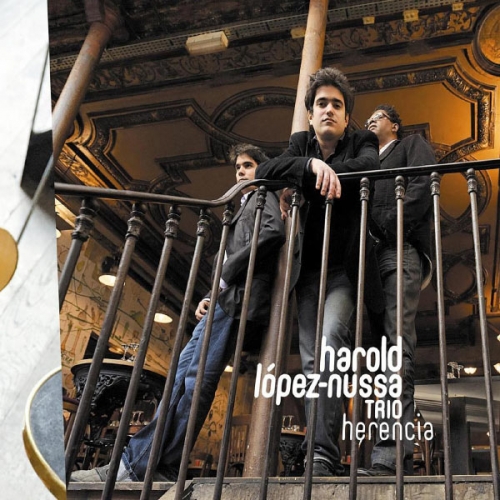
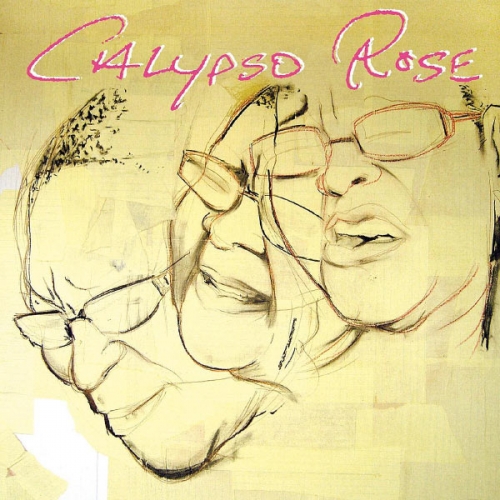
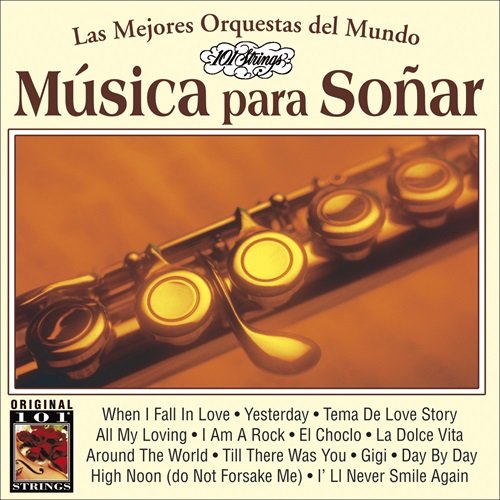
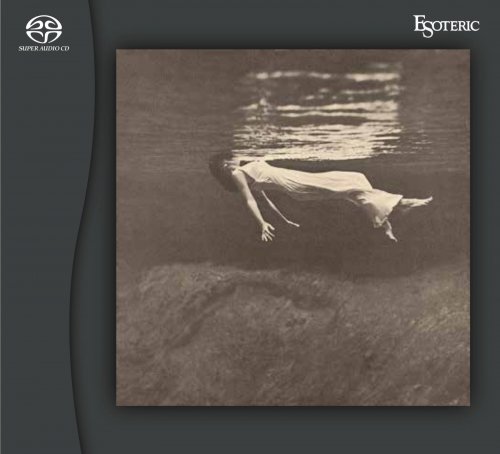
![Julian Lage - Scenes From Above (Japanese Edition Bonus Track) (2026) [SHM-CD] Julian Lage - Scenes From Above (Japanese Edition Bonus Track) (2026) [SHM-CD]](https://www.dibpic.com/uploads/posts/2026-02/1772029332_front.jpg)


